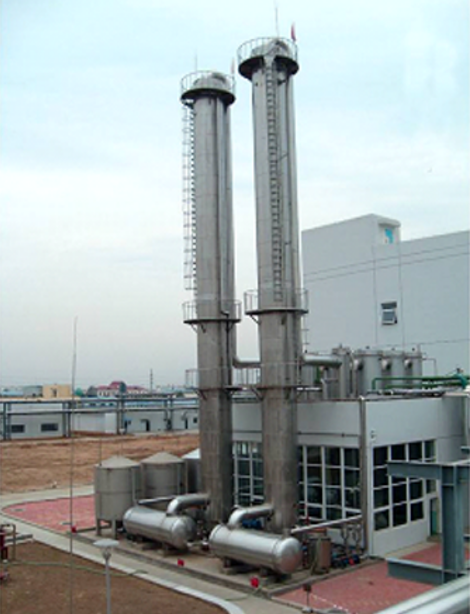Fusel oil is a byproduct of the alcoholic fermentation process, composed of several alcohols, including amyl alcohol, isoamyl alcohol, propanol, and butanol. The separation of fusel oil from the main product, ethanol, is a critical step in the production of high-quality spirits and fuels. This article delves into the methods and processes involved in the separation of fusel oil, highlighting the techniques, challenges, and advancements in the field.
Understanding Fusel Oil
Composition of Fusel Oil
Fusel oil consists of higher alcohols, which are formed during the fermentation of sugars by yeast. These higher alcohols include:
- Amyl Alcohol
- Isoamyl Alcohol
- Propanol
- Butanol
These compounds have higher boiling points than ethanol, making their separation crucial to ensure the purity and quality of the final product.
Importance of Separation
Separating fusel oil from ethanol is essential for several reasons:
- Quality Control: Ensures the final product meets taste and safety standards.
- Health Considerations: High levels of fusel oils can be harmful to human health.
- Industrial Applications: Necessary for producing biofuels and industrial alcohols.

Methods of Separation
Distillation
Distillation is the most common method used to separate fusel oil from ethanol. This process exploits the differences in boiling points between ethanol and fusel oils.
Simple Distillation
Simple distillation involves heating the fermented liquid to vaporize ethanol, which is then condensed back into liquid form. The fusel oils, with their higher boiling points, remain in the distillation residue.
Fractional Distillation
Fractional distillation uses a fractionating column to achieve a more precise separation. As the vapor ascends the column, it cools, and components with higher boiling points condense and return to the distillation pot, while ethanol continues to rise and is collected at the top.
Solvent Extraction
Solvent extraction involves using a solvent that selectively dissolves fusel oils, separating them from the ethanol. This method can be effective but requires careful selection of a suitable solvent.
Membrane Separation
Membrane separation techniques use semi-permeable membranes to separate fusel oils from ethanol based on molecular size and polarity. This method is gaining popularity due to its efficiency and lower energy requirements compared to traditional distillation.
Adsorption
Adsorption involves passing the fermented mixture through a material that selectively adsorbs fusel oils, allowing ethanol to pass through. Common adsorbents include activated carbon and zeolites.
Challenges in Fusel Oil Separation
Efficiency
Achieving high separation efficiency can be challenging due to the similar physical properties of ethanol and fusel oils. Advanced techniques like fractional distillation and membrane separation are necessary to achieve the desired purity levels.
Cost
The cost of separation processes can be high, particularly for small-scale producers. Investing in advanced equipment and technology is necessary but can be financially burdensome.
Environmental Impact
Separation processes, especially distillation, can be energy-intensive and have significant environmental impacts. Developing more sustainable and energy-efficient methods is a key area of research.
Advancements in Separation Technology
Enhanced Distillation Techniques
Innovations in distillation technology, such as multi-stage distillation and vacuum distillation, have improved the efficiency and cost-effectiveness of fusel oil separation.
Advanced Membrane Materials
Research into new membrane materials has led to significant advancements in membrane separation technology. These materials offer higher selectivity and durability, reducing costs and improving separation performance.
Biotechnology Solutions
Biotechnological approaches, such as using genetically engineered yeast strains that produce fewer fusel oils, are being explored. This could reduce the need for extensive separation processes altogether.
Conclusion
The separation of fusel oil from ethanol is a critical step in producing high-quality alcoholic beverages and biofuels. While traditional methods like distillation remain prevalent, advancements in technology are providing more efficient and sustainable alternatives. As research continues, we can expect to see further improvements in the separation processes, ensuring better quality and safety for consumers and industrial users alike.
For more information on our products or to discuss your needs, contact us. Our trusted supplier network is dedicated to providing high-quality solutions tailored to your specific requirements.
















